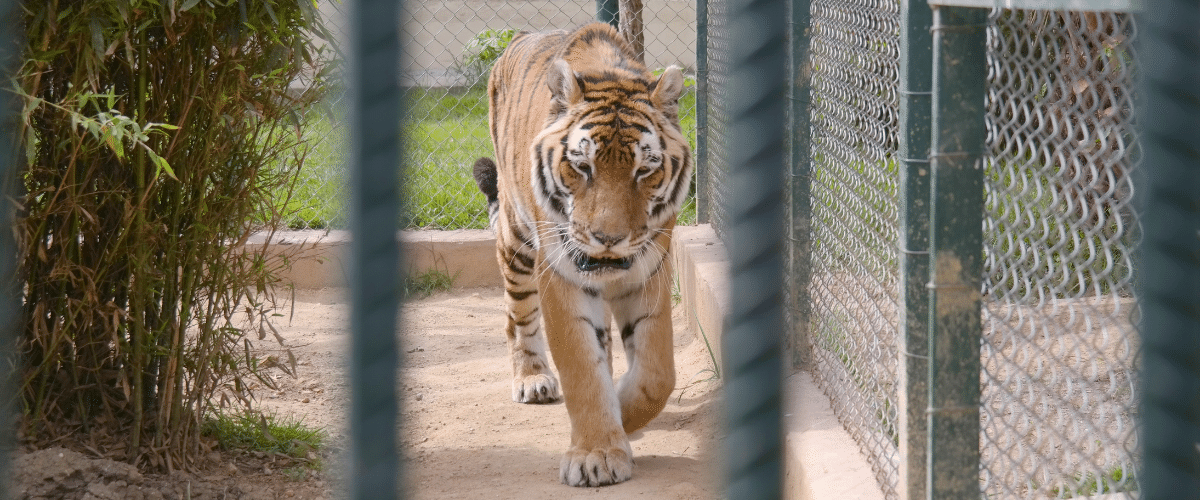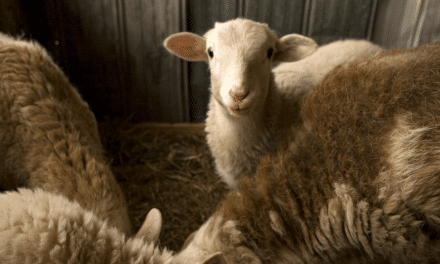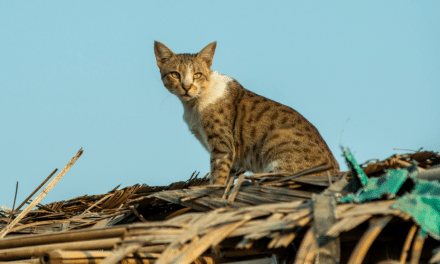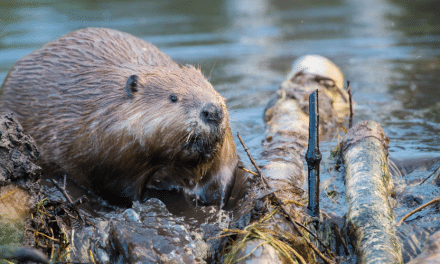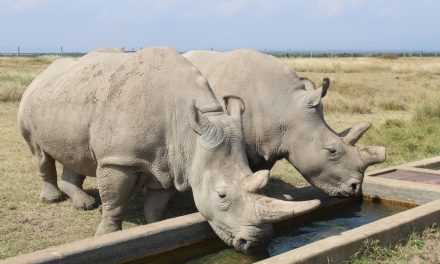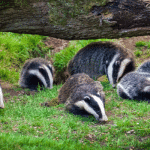By Emma Hinds
Like many other people in lockdown, I have turned to Netflix for solace. One of the shows dominating public conversation lately is Tiger King. With murder, mayhem, and madness, it’s the ultimate binge show, but alongside meme-worthy content it also provides a horrifying insight into the wild cats trade in America. As a UK citizen, I watched this show with my jaw on the floor, shouting out “This would never happen here!”
At least, that was what I thought until I took a closer look into UK animal licensing laws.
The UK has a reputation for being very animal aware. The old idiom that the British only show affection to dogs or horses is partly based in truth – a survey in 2019 showed that 15% of British citizens love their pets more than their partners.
The love of the British towards animals extends beyond the home. We have a nationally recognised charity that has had royal endorsement since 1840. The Royal Society for the Prevention of Cruelty to Animals has been involved in non-partisan engagement with governing bodies since 1824, and their webpage is a barrage of information on current campaigns for better animal welfare. When it was revealed in January that a participant on the popular British TV show Love Island was a big game hunter, the ensuing public outcry, petitions, and boycotts ended with him off the show.
You would think that a nation so interested in the welfare of animals would have a clear ban on the possession of big cats. But in the UK, it is still legal for private citizens to own exotic wild animals, like tigers. Possession of big cats and exotic wildlife in the UK has a long and sordid history, wrapped up tightly with colonialism. In the reign of Queen Victoria from 1819-1901, Britain saw an influx of wild animals from all reaches of the empire. Big cats, reptiles, and even large mammals such as elephants or hippopotami were installed in public and private exhibitions, including zoos, museums, performances, and menageries. There was very little protection for these animals as they went in and out of “style,” many of them succumbing eventually to the fur trade, taxidermy, or scientific experiments. By the end of Queen Victoria’s reign, close to one million koalas per year were killed in the UK for their fur.
As a British person, I am aware of the modern British sentiment of deeming ourselves superior to our Victorian forbears, ready to cry barbarism when we see news stories about big game hunters. But the reality is, our modern laws are not far enough advanced to set us apart.
In 1976, the UK passed the Dangerous Wild Animals Act. The legislation surprisingly does not prohibit the possession of dangerous animals, but only ensures that the owners must hold a license. An amendment was added to the legislation in 2010, but rather than tightening the possession laws it actually gives more leeway for big cat owners, reducing the need for inspections, lengthening the validity period of licenses, and allowing licenses to come into force immediately upon being granted. It is also not strictly prohibited to import wild animals into the UK, and many of our laws come from EU guidelines. This means with correct permits, a private citizen can import and legally own a big cat like a lion or tiger. It seems to me that the UK has much clearer and stronger legislation concerning the ownership of dangerous dogs than tigers.
Globally speaking, countries that completely outlaw the private possession of big cats are in the minority. There are only about 12 countries with laws clearly regulating the import and ownership of big cats, and whilst the UK makes the list, it is by no means leading the charge in terms of banning the import and possession of wild animals. It is also worth noting that whilst big exotic cats like tigers, leopards, jaguars, panthers, and lions are subject to restriction, smaller but equally environmentally vulnerable cats are exempt. The oncilla, or little spotted cat, is exempt from ownership restrictions even though it is listed as vulnerable on the International Union for Conservation of Nature “red list” due to the destruction of its native Brazilian habitat by deforestation.
It seems that whilst the UK’s legislation has improved since the age of Queen Victoria, we still have a long way to go before we can look at the big cat restrictions in the USA and feel morally superior.
A silver lining in the UK’s licensing laws is the seeming difficultly for British citizens to profit from the private possession of big cats, or to import them for commercial purposes, particularly if they are an endangered species. The Control of Trade in Endangered Species Regulation of 1997 makes it illegal to sell, keep, offer for sale, purchase, transport for sale or acquire for sale animals of products made of animals listed as endangered in the legislation.
The Zoo Licensing Act of 1981 also made the parameters for what a “zoo” or a sanctuary actually is much tighter, which means establishments must meet a series of strict criteria in order to receive a zoo license. Joe Exotic’s establishment, with its unregulated cub breeding and petting displays, would not meet the UK law’s criteria.
Whilst these laws protect the big cats currently living in the UK and hopefully ensure that endangered species can be protected, it still does not necessarily stop the breeding and possession of big cats by private citizens all across the country. In 2016, it was revealed that more than 100 local councils have issued licenses for dangerous animals, including tigers, lynxes, pumas, and ocelots. Clearly, only regulating the possession of big cats is not enough of a deterrent for private citizens determined to add a tiger to their collection.
It actually turns out that whilst the picture painted by Tiger King is an accurate representation of the big cat legislation in huge parts of the USA, there are American states that have tighter laws that the UK. Whilst it’s true that over 5,000 tigers are held in captivity in the USA and only 6% are in institutions accredited by the Association of Zoos and Aquariums, it is also true that states such as Arkansas or Florida are some of the few places in the world that have an outright ban on the possession of big cats. Most recently, in January 2018, South Carolina also took the decision to ban private ownership of big cats. Twenty-one states completely ban dangerous exotic animal ownership, joining the ranks of Denmark and Austria, the only countries in the world that have complete bans on private citizens owning big cats. Of course, the UK does not have nearly as many captive dangerous animals as the USA, but it certainly seems that if 21 states can issue bans on private ownership, the British government should be able to also.
I am lucky to live in a country where animal welfare is often part of our national discussion, but I am disappointed in my discovery that we are so far behind others in this key area. My nation has some of the most reputable captive breeding programs and sanctuaries in Europe that do tremendous work to promote the survival of species in the wild. Yet there seems to be very little evidence that a ban on private possession of big cats is a significant focus to British animal rights movements. It shouldn’t take an attack on a human being or a documentary about a criminal big cat breeder to bring attention to the welfare issues surrounding big cat possession in the UK. Tiger King is some great and shocking video journalism; it has definitely kept me gripped as I watch, but it should be more than something engaging to bide the time in social isolation. Hopefully, the broadcast of Tiger King will bring a wave of supporters who will speak out against privately owned big cats in the UK. Otherwise, we really are no better than the Victorians, using these unfortunate animals for our entertainment only.

